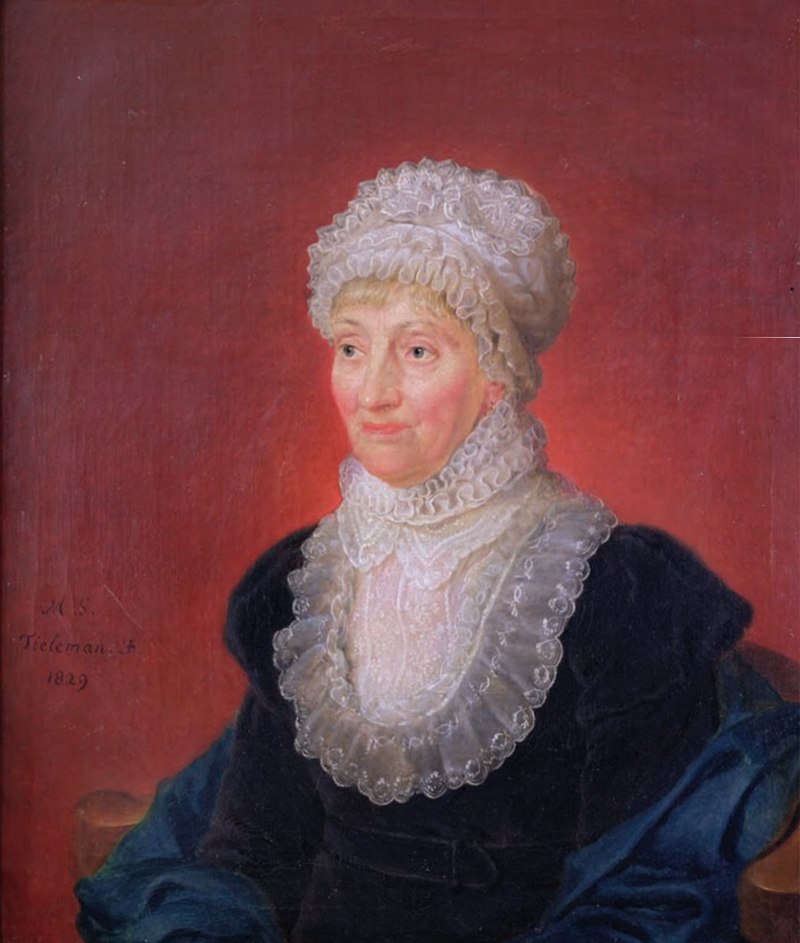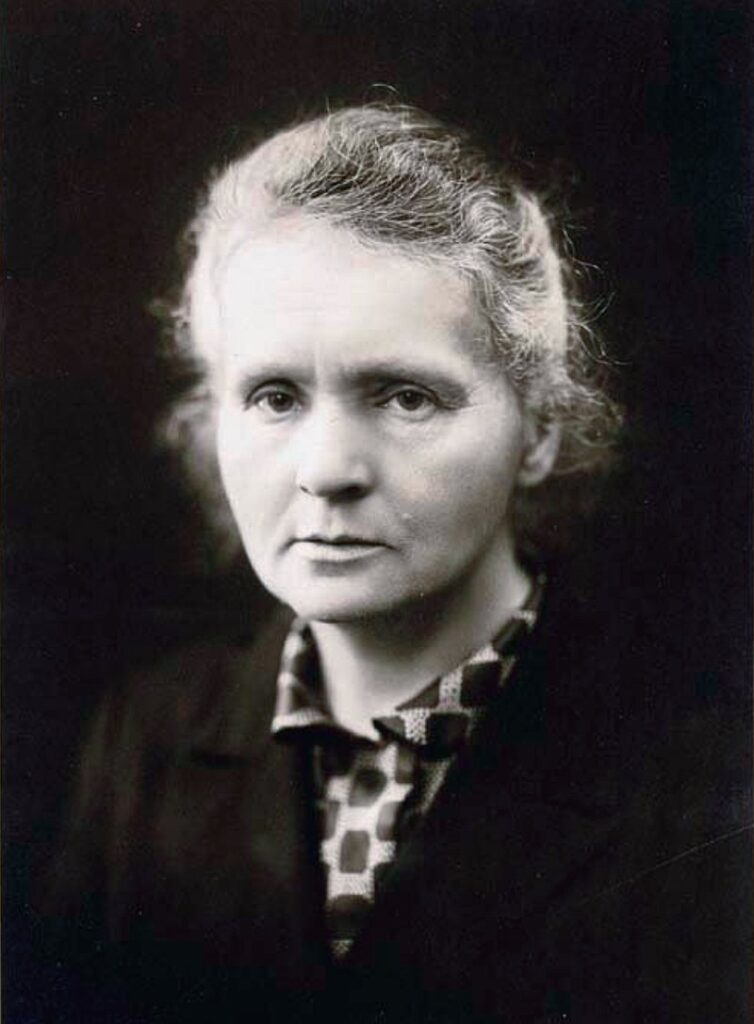The history of science is incredible and there are a number of women scientists who have changed our understanding of the world. But most of them went unrecognized. They have suffered and still suffering this bias against their own achievements. Often their male colleagues get attributed to their work.
Sciteum is listing out few such women researchers from the pages of history:

Caroline Herschel
German astronomer
The first woman to discover a comet. She also discovered 14 nebulas, eight comets and added 561 new stars to Flamsteeds Atlas. But her name isn’t as instantly recognizable as her brother William Herschel.

Marie Curie
Polish-French physicist and chemist
Marie Curie and her husband Pierre Curie discovered the elements- Radium and Polonium. The work done on the discoveries was nominated in 1902 but there was no mention of her name. Later that year, because of the combined efforts of her husband and Mittage-Leffler who is a professor of mathematics at Stockholm University College, Marie Curie became the first woman in history to receive the Nobel Prize.

Emma Eckstein
Australian author and analyst
She helped Sigmund Freud, the founder of psychoanalysis in conducting vague symptoms like stomach ailments and depression. Emma was subject of experimentation for Freud which included disturbing surgeries. Emma is not even been recognized and she was harassed mentally, physically and sexually.

Lise Meitner
Austrian-Swedish physicist
Meitner was one of the scientists among three who led a small group of researchers to first discover nuclear fission of uranium. Meitner discoveries, which were earth-shaking, are far less known. She never won a Nobel, although it’s widely believed, she should have.

Rosalind Franklin
English chemist and X-ray crystallographer
In 1962, Watson and Crick was awarded the Nobel Prize for discovering the structure of DNA. Rosalind was the one who studied the X-ray crystallographic structure of DNA and her data was critical for the discovery. Like many women scientists, Franklin was robbed of recognition throughout her career.
Image: Jewish Chronicle Archive/Heritage-Images (Fair Use)

Jocelyn Bell Burnell
Northern Irish astrophysicist
While still a graduate student in radio astronomy at Cambridge University in England, she co-discovered the first radio pulsar. The finding resulted in a Nobel Prize in 1974 in physics, but it went to Anthony Hewish—Bell Burnell’s supervisor—and Martin Ryle, also a radio astronomer at Cambridge University.
Image: Roger W Haworth – Flickr (CC BY-SA 2.0)
This tendency to deny women credit to their scientific work is called as the Matilda Effect. Though the term was coined by the science historian Margaret W. Rossiter in 1993, it was American activist, Matilda Joslyn Gage, described this tendency in her essay “Woman as Inventor”, first published in 1870.
Even today, only 30% of researchers worldwide are women. The reasons include less opportunity for women, sexual harassment in the workplace, superstitions and personal or rather society driven problems.
And women still have less than two-third of the economic opportunity that men have. If this gender gap is not filled, it may have deep implications in the balance of future economy and sustainability around the globe.
Written by Moumita Mazumdar

A microbiologist who loves to learn new stuff. Sciteum’s go-to-girl, who not only give suggestions but also fixes the things up. 6 or 60 she communicates in style with all age groups.
